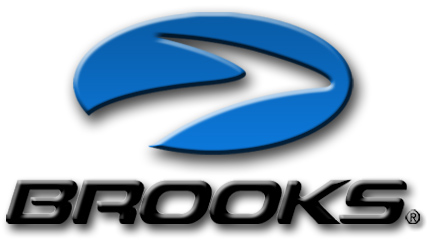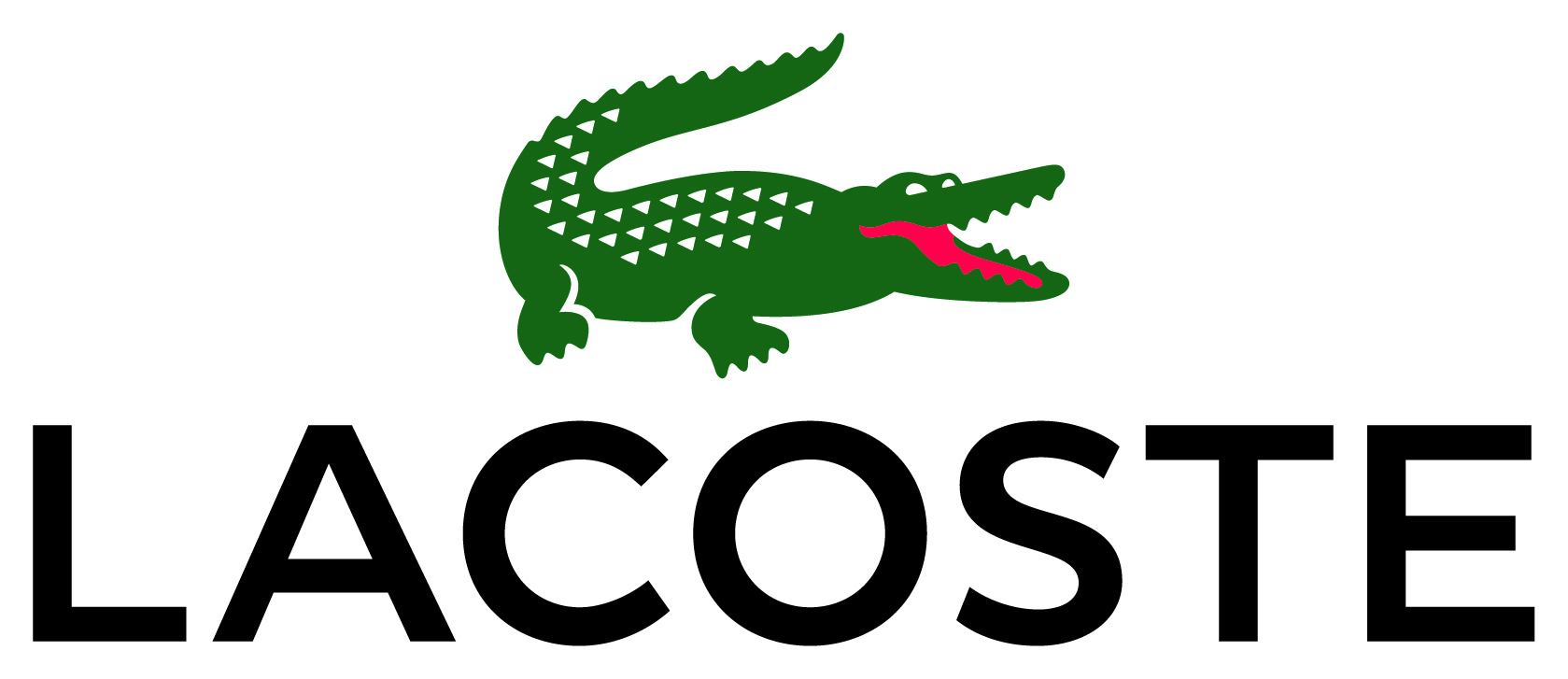Orthotics
Our bodies generate a tremendous amount of stress and strain on our feet with every step we take. This can present as arch, heel, ankle, knee or even back pain.
Custom orthotics help reduce pain and discomfort by rebalancing and supporting your feet where they need it the most.
Brands Available
Specs & Spines works in conjunction with The Orthotic Group and International Orthotics Labs to ensure quality results in a timely manner. Both providers are trusted sources that provides quality footwear and orthotics for men, women and youth and we are proud to work with them to provide quality orthotic materials for our patients. Footwear for any occasion or season is available – simply inquire at reception or ask Dr. Koh when you are in for your appointment. We have an extensive selection of footwear available. Please contact Specs & Spines for the latest in availability, styles and pricing.
Orthotics FAQ
+ What is the difference between an “over the counter” orthotic and a CUSTOM made orthotic?
A custom orthotic is molded to your individual foot to align it in the most anatomical efficient position. Orthotics work on your feet in a similar manner that glasses work for your eyes. They reduce stress and strain on your body to keep your feet in proper alignment. While all insoles will help reduce pain and pressure on your feet, only a custom made orthotic is made specifically for you! They not only feel better but will last much longer, they are backed by our warranty.
+ WHAT ARE CUSTOM ORTHOTICS?
Custom orthotics may look like regular insoles, however they are biomechanical medical inserts that are tailored to your individual foot imbalance and body mechanics. They are constructed of specialized materials that will last much longer than anything that can be bought in stores. Orthotics help to reduce strain not only on your feet and back, but your whole body.
+ HOW DO CUSTOM ORTHOTICS WORK?
Custom orthotics correct the imbalances and abnormalities in your gait cycle by providing specific support right where it is needed. For example, a patient with flat feet (pes planus) would result in a condition called overpronation. A custom orthotic would correct this condition by providing proper support along the arch, reducing strain in adjacent joints. This prevents overcompensation by the surrounding structures.
+ How often do I need to wear my orthotics?
The more you wear your orthotics, the more benefit you will receive. If your lifestyle requires different types of footwear, ask us about footwear options optimized for your activities. We often fabricate different types of orthotics for more strenuous activities (running, crossfit, basketball, baseball, etc.)
+ Will my new orthotics feel uncomfortable?
As with all types of new footwear, there is an adjustment period that accompanies your orthotics. Remember, your orthotics are working hard to correct your alignment and you may feel more pressure in certain areas of your feet during this time. We always recommend wearing your orthotics in 2 hour intervals for a period of 2 weeks until you become accustomed to them.
What conditions do Orthotics treat?
Orthotics are helpful for treating a variety of conditions, including:
ACHILLES TENDONITIS
This is inflammation of the tendon that runs along the back part of your leg. People who tend to run uphill are prone to this condition. If the ankle is unable to flex properly, the tissues surrounding the tendon become inflamed and damaged.
ILLOTIBIAL BAND SYNDROME
The iliotibial band is an extension of the TFL muscle that runs down the side of your leg. As the muscle slides over your hip during movement, it can often become tight and inflamed. People who run downhill and on banked tracks are prone to this issue.
METATARSALGIA
This condition often presents as pain or tenderness at the ball of the foot (near your toes). It is often most pronounced during weight bearing activity. Sometimes people experience sharp pains when the toes are flexed. Other times experience numbness and tingling in the toes. Causes include being overweight, certain foot shapes (high arches) and footwear choices (high heels).
ARCH PAIN
HEEL PAIN
FLAT FEET (PES PLANUS)
BUNIONS
OVERPRONATION
SUPINATION












